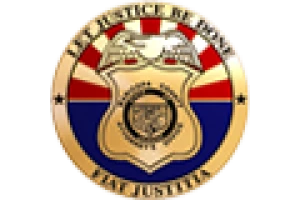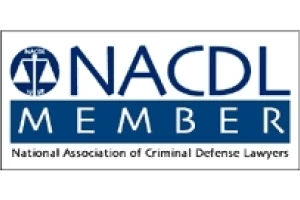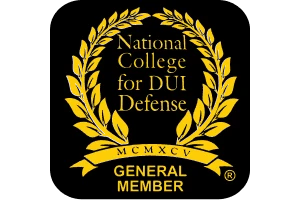- Free Initial Consultation Call: (480) 413-1499
Disorderly Conduct and Bars don’t Mix
Police crack down on violence, assaults and disorderly conduct in Arizona bars.
Most people visiting a bar in Maricopa County, don’t intend to commit a crime, or get in a fight with another customer, it often ends up that way. Alcohol or drugs can easily impact judgment and behaviors, and things can quickly get out of hand, and escalate to violence, assault, and worse.
As part of the Safe and Sober Campaign efforts still underway in Tempe, and East Valley Cities, Police and Maricopa County Deputies are monitoring bars closely to prevent violence, and other crimes, and make arrests.
Earlier this year, the actor Jason London (perhaps best known for his role in Dazed and Confused) got into a bar brawl in Scottsdale, Arizona and punched a bouncer as well as police officers. He was left with visible injuries and claimed he was the victim.
Arizona prosecutors charged him with assault–assaulting a peace officer is a serious felony. However, before trial, he reached a plea deal with prosecutors who dropped the assault charge in exchange for him pleading guilty to the much lighter charge of disorderly conduct. He was ordered to attend an alcohol treatment program and pay fees.
What constitutes disorderly conduct in Arizona? This subjective charge describes all kinds of behavior that law enforcement officers believe are inappropriate for a particular public setting. It can include scenarios like the drunken bar brawl described above. Arizona Revised Statutes (ARS 13-2904) lists these other acts as disorderly conduct:
- Engages in fighting or violence or disruptive behavior
- Makes an unreasonable amount of noise for the situation
- Employs abusive communication such that it’s likely to provoke another person to retaliate physically
- Makes any protracted commotion, utterance or display with the intent to prevent the transaction of the business of a lawful meeting, gathering or procession
- Refuses to obey a lawful order to disperse issued to maintain public safety in dangerous proximity to a fire, a hazard or any other emergency • Recklessly handles, displays or discharges a deadly weapon or dangerous instrument.
The prosecutor must also prove that the person who is accused of disorderly conduct had either the intent to disturb the peace of a neighborhood, family or person or knowledge that he or she was disturbing the peace.
Charges similar to disorderly conduct include loitering and public intoxication. When disorderly conduct is charged from the outset of a case, it is often charged alongside another charge, like domestic violence or assault. But as you can see from Jason London’s case, prosecutors use disorderly conduct as a way to negotiate a plea with a defendant who could be charged with something more serious, in order to ensure that the perpetrator serves a sentence of some kind.
Most disorderly conduct charges are simply Class 1 misdemeanors. Although this is a lighter charge than a felony, it is the most serious type of misdemeanor and can result in up to six months imprisonment and fines of up to $2,500, plus an 84% surcharge. In many cases, a judge will permit probation, rather than actual imprisonment. Disorderly conduct can become a Class 6 felony, if a firearm is involved. This means that a defendant could serve up to two years in prison for non-dangerous behavior or three years maximum for a dangerous felony. In Jason London’s case, if he had waved a gun around during the fight, he might not have gotten a plea deal.
Since it’s a misdemeanor, you may be tempted not to retain an attorney for a disorderly conduct charge. However, a skilled criminal defense attorney can make various arguments on your behalf. For example, you may have been acting in self-defense, exercising freedom of speech, or provoked by the other person’s conduct.
Any kind of criminal conviction, including a misdemeanor, can affect you adversely. It can affect your right to carry a gun, affect your employment, affect your social standing, and even affect your educational opportunities. You should contact an experienced criminal defense attorney to fight the charge.
If you or a loved one is accused or charged with disorderly conduct or a more serious charge, contact knowledgeable criminal defense attorney James Novak at (480) 413-1499. We may have a defense strategy that can help you.
Additional Resources
- Arizona Revised Statutes section 13-1204
- Arizona Judicial Branch – Rules of Criminal Procedure
- Arizona Superior Court – Case Procedures
MORE BLOGS
- Aggravated Assault: The High Cost of Harming a Police Officer, Arizona Criminal Defense Attorney Blog, August 3, 2012
- Assault Convictions Require “Intent” and “Knowledge” or “Recklessness”, Arizona Criminal Defense Attorney Blog, June 1, 2012


















